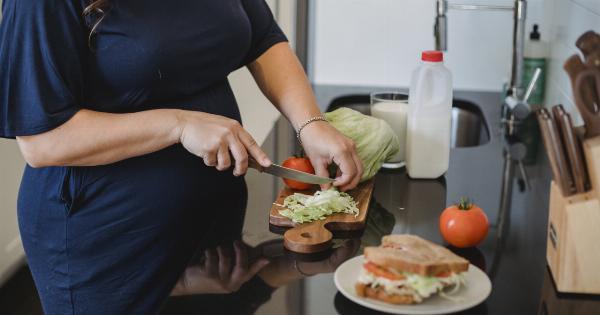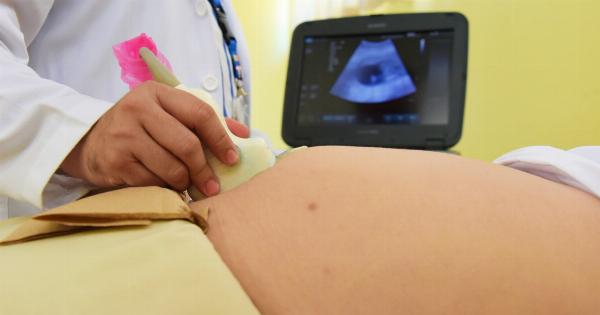Gastroenteritis, commonly known as stomach flu, is a digestive tract infection that causes inflammation in the stomach and small intestine.
The primary symptoms of gastroenteritis in children are diarrhoea and vomiting, which can lead to dehydration if not managed effectively. Other common symptoms include abdominal pain, fever, and loss of appetite. Gastroenteritis can be caused by a virus, bacteria, or protozoa, and is highly contagious.
In this article, we will discuss the symptoms and treatment of gastroenteritis in children.
Symptoms of Gastroenteritis in Children
The symptoms of gastroenteritis in children can vary from mild to severe. The most common symptoms include:.
- Diarrhoea – frequent, loose, or watery bowel movements
- Vomiting – throwing up or regurgitating food or liquid from the stomach
- Abdominal pain and cramping – discomfort or pain in the stomach and intestines
- Fever – a high temperature, usually above 38°C
- Loss of appetite – a decrease in desire to eat
- Dehydration – symptoms of dehydration include dry mouth and tongue, thirst, and less frequent urination
Treatment of Gastroenteritis in Children
Treatment of gastroenteritis in children depends on the severity of symptoms and the underlying cause. Most cases of gastroenteritis in children are caused by a virus, and the symptoms will usually go away on their own within a few days.
However, dehydration is a common complication of gastroenteritis, and it’s important to prevent dehydration by drinking plenty of fluids. Here are some tips for managing gastroenteritis in children:.
- Encourage your child to drink plenty of fluids to prevent dehydration
- Give your child small, frequent sips of water, clear broths, or an oral rehydration solution
- Avoid solid foods until your child has gone at least 6 hours without vomiting
- Introduce bland, easy-to-digest foods gradually, such as crackers, toast, rice, and bananas
- Use over-the-counter medications such as acetaminophen to reduce fever and discomfort, but avoid anti-diarrheal medications unless advised by a healthcare professional
Prevention of Gastroenteritis in Children
Preventing gastroenteritis in children is important to avoid the discomfort and potential complications associated with the condition. Here are some tips to prevent gastroenteritis:.
- Encourage your child to wash their hands frequently, especially before eating and after using the bathroom
- Make sure your child drinks clean, safe water – avoid drinking water that may be contaminated
- Ensure that food is cooked properly and stored at the correct temperature
- Teach your child to avoid sharing food or drinks with others
- Keep your child home from school or daycare if they are sick, especially if they have diarrhoea or vomiting
When to Seek Medical Attention
If your child is experiencing severe symptoms of gastroenteritis, it’s important to seek medical attention. Signs of severe dehydration in children include:.
- Reduced urine output
- Dry mouth and tongue
- Unusual fatigue or drowsiness
- Intense thirst
- Irritability or confusion
Seek immediate medical attention if your child:.
- Has severe diarrhoea or vomiting that persists for more than a few hours
- Has bloody or black stools
- Has signs of dehydration
- Is lethargic or disoriented
Conclusion
Gastroenteritis is a common infection of the digestive tract that can have serious consequences if not managed properly. It’s important to recognize the symptoms of gastroenteritis in children and to take measures to prevent dehydration.
With proper management and care, most cases of gastroenteritis in children should resolve within a few days. However, it’s important to seek medical attention if your child experiences severe symptoms or signs of dehydration.






























